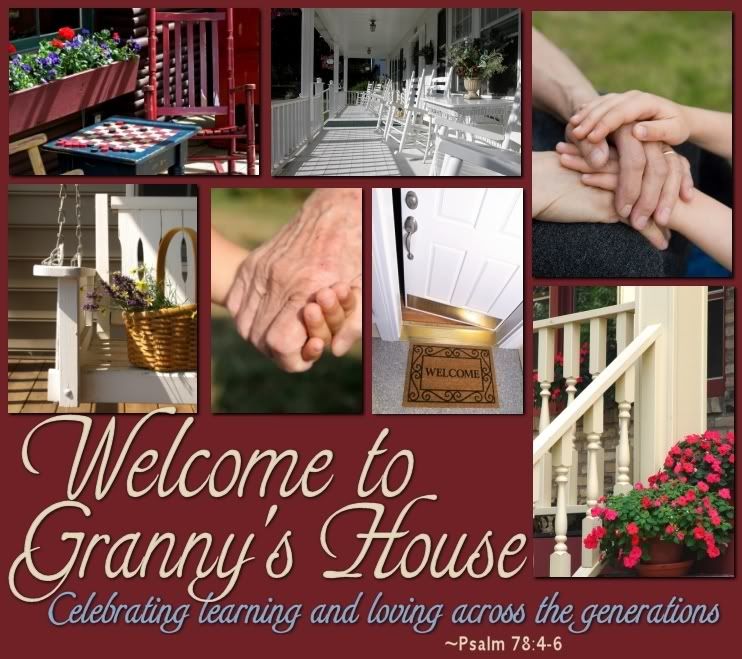Dear friends lost their 47 year old son to a heart attack.
Another dear friend has been unjustly accused of a horrible crime.
Grandson Isaac is in the emergency room as I write, having a gash in his head stitched up and suffering another, unstitchable, gash in his tongue.
Relatives have children that are causing them great grief.
My chronic pain has returned after a lovely respite.
Sometimes, when bowing beneath the weight of such sadness, I turn to the Psalms. Today, though, God brought to mind a passage that seemed incongruous, and very inconvenient I might add. I'd rather commiserate with the Psalmist. But no, Jeremiah had to speak up:
'For I know the plans that I have for you,' declares the LORD, 'plans for welfare and not for calamity, to give you a future and a hope.'
I don't understand, Lord. Plans for welfare? Not for calamity?
It's here that I'm keenly aware of my near-sightedness. These things certainly look like calamity to me.
But my glasses don't correct for eternity. They don't even correct for next year. What looks like disaster to me doesn't take into account the way God is working behind the scenes, in the dark, around the next corner. It's only when I bow to His line of sight that I can trust that it will all make sense someday. The calamities, big and small, that are in focus today will dim and blur and blend into the larger portrait of Christ that God is painting in and with His people.
Right now I'm thinking about how this realization affects how I present these events to the children. How do I put these things in focus without minimizing the pain? They carry impact in our lives and there's no getting around that. To deny their "heft" in this life is to risk alienating the ones watching, the ones who have inherited my nearsightedness. But to adjust my focus so that the sadness is all we see is to deny the power of the One who holds all these events in His hands.
Lord, give me the wisdom to acknowledge what I see and yet walk by faith...

 Name:
Name:

<< Home